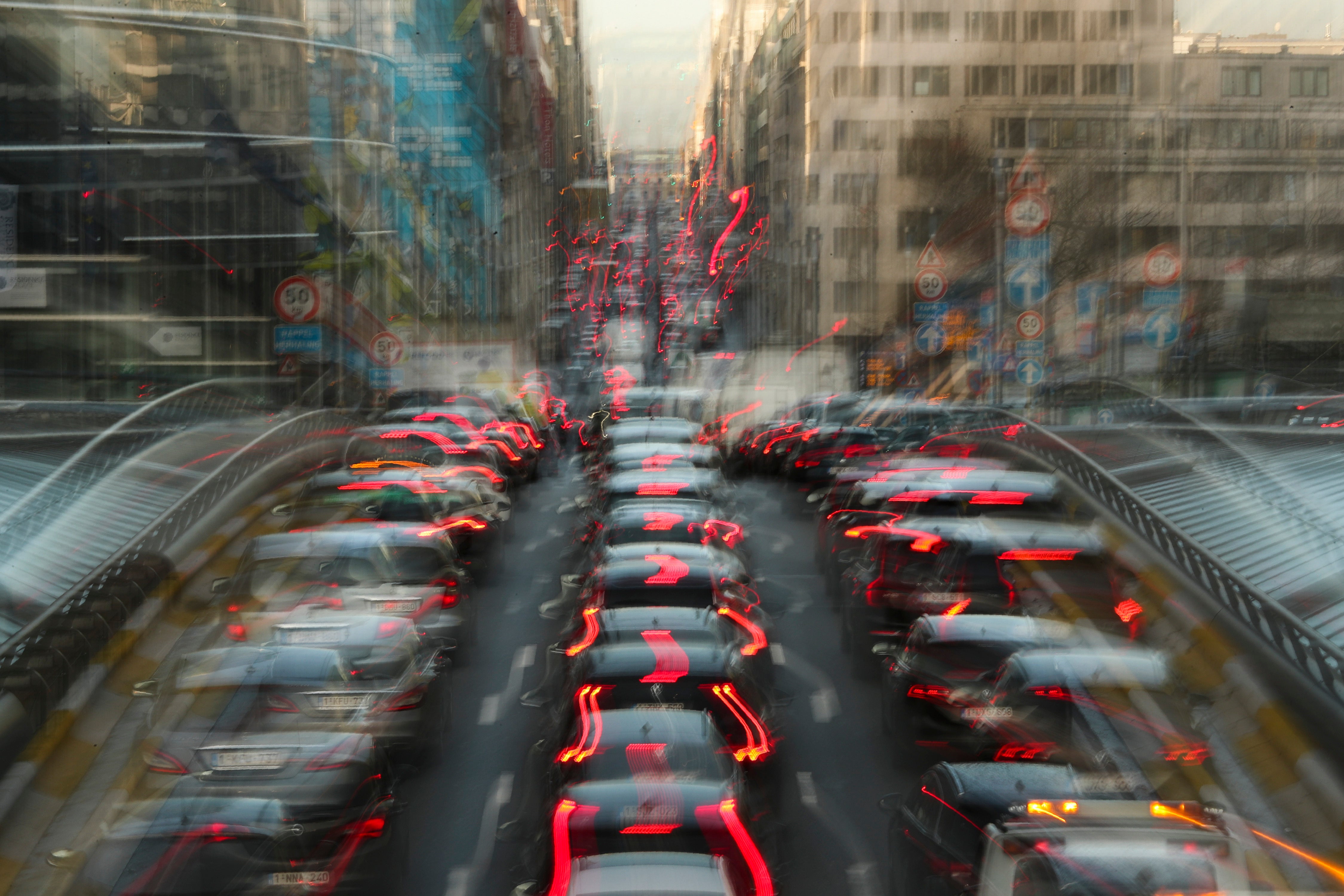EU fines 4 German car makers $1B over emission collusion
The European Union has fined four major German car manufacturers $1 billion because they colluded to limit the development and rollout of car emission control systems

The European Union on Thursday handed down $1 billion in fines to four major German car manufacturers, saying they colluded to limit the development and rollout of car emission control systems.
Daimler BMW, VW, Audi and Porsche avoided competing on technology to restrict pollution from gasoline and diesel passenger cars, the European Commission said.
Daimler wasn't fined after it revealed the cartel to the European Commission.
EU antitrust chief Margrethe Vestager said that even though the companies had the technology to cut cut harmful emissions beyond legal limits, they avoided to compete and denied consumers the chance to buy less polluting cars.
“Factories compete with one another also when it comes to reducing carbon emissions from the cars,” Vestager said. "Manufacturers deliberately avoided to compete on cleaning better than what was required by EU emission standards. And they did so despite the relevant technology being available.” It made their practice illegal, Vestager said.
The case wasn't directly linked to the “dieselgate” scandal of the past decade, when Volkswagen admitted that about 11 million diesel vehicles worldwide were fitted with the deceptive software, which reduced nitrogen oxide emissions when the cars were placed on a test machine but allowed higher emissions and improved engine performance during normal driving.
The scandal cost Wolfsburg, Germany-based Volkswagen 30 billion euros ($35 billion) in fines and civil settlements and led to the recall of millions of vehicles.
It was the first time the European Commission imposed collusion fines on holding back the use of technical developments, not a more traditional practice like price fixing.
Bookmark popover
Removed from bookmarks